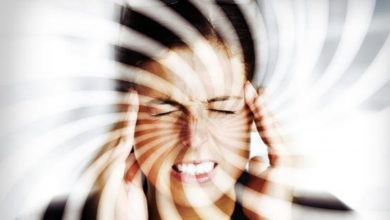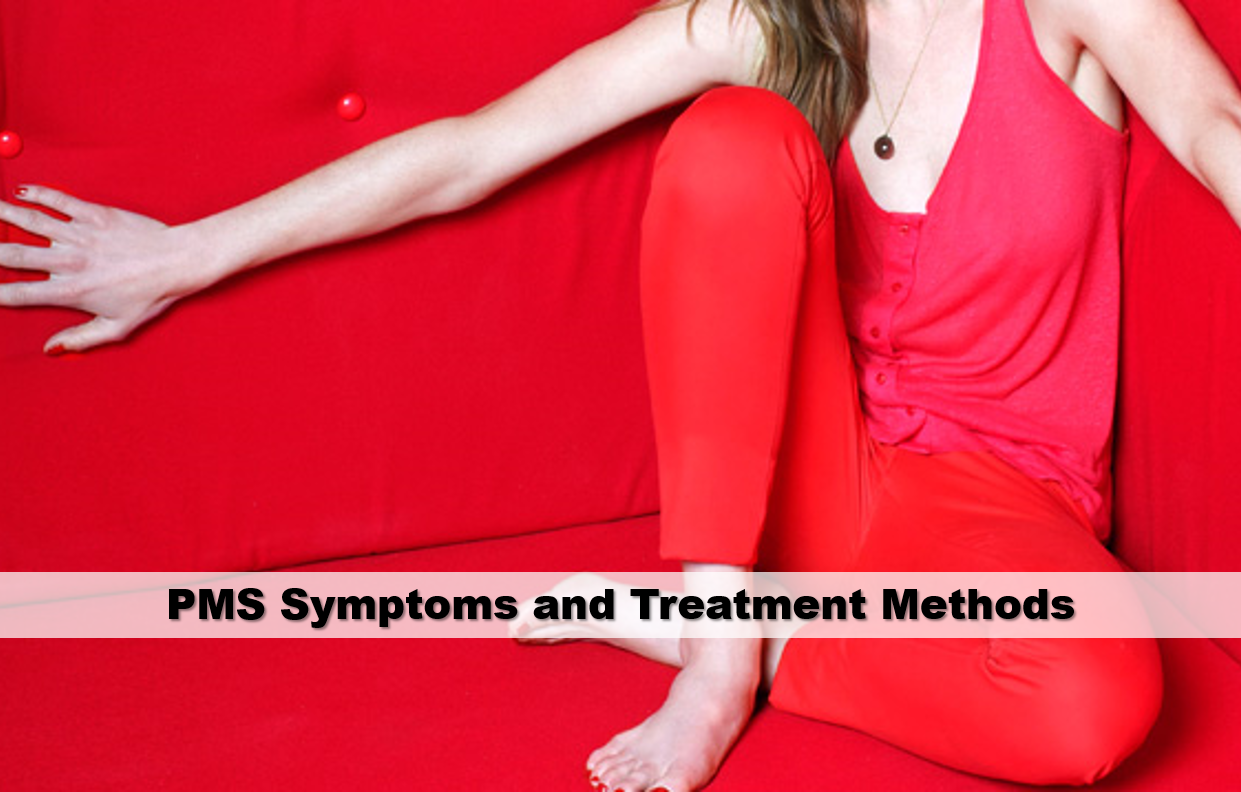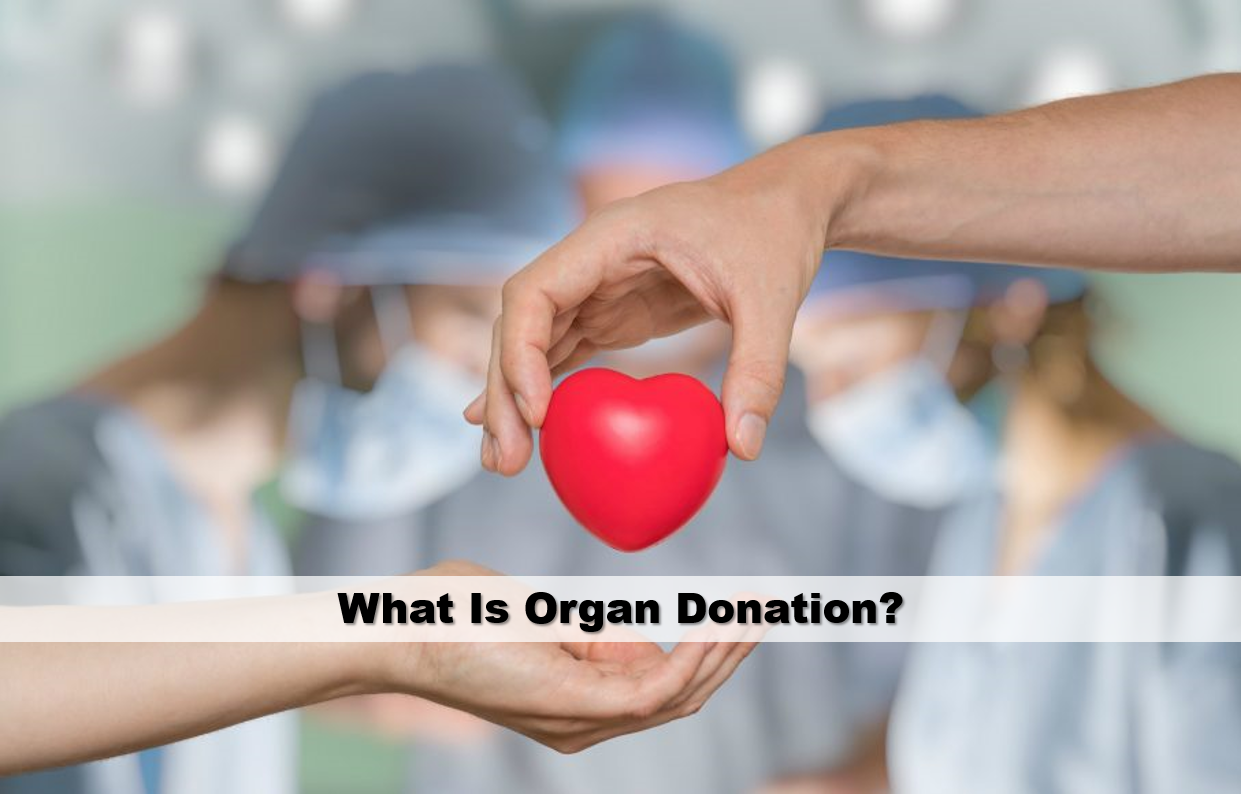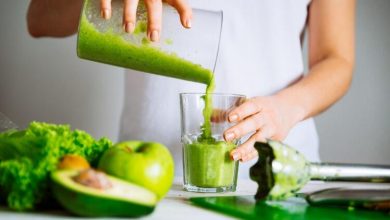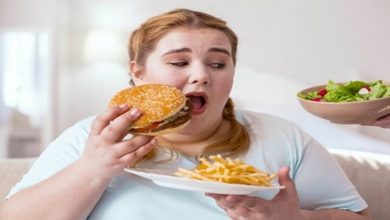E. Coli Causes, Symptoms, and Treatment
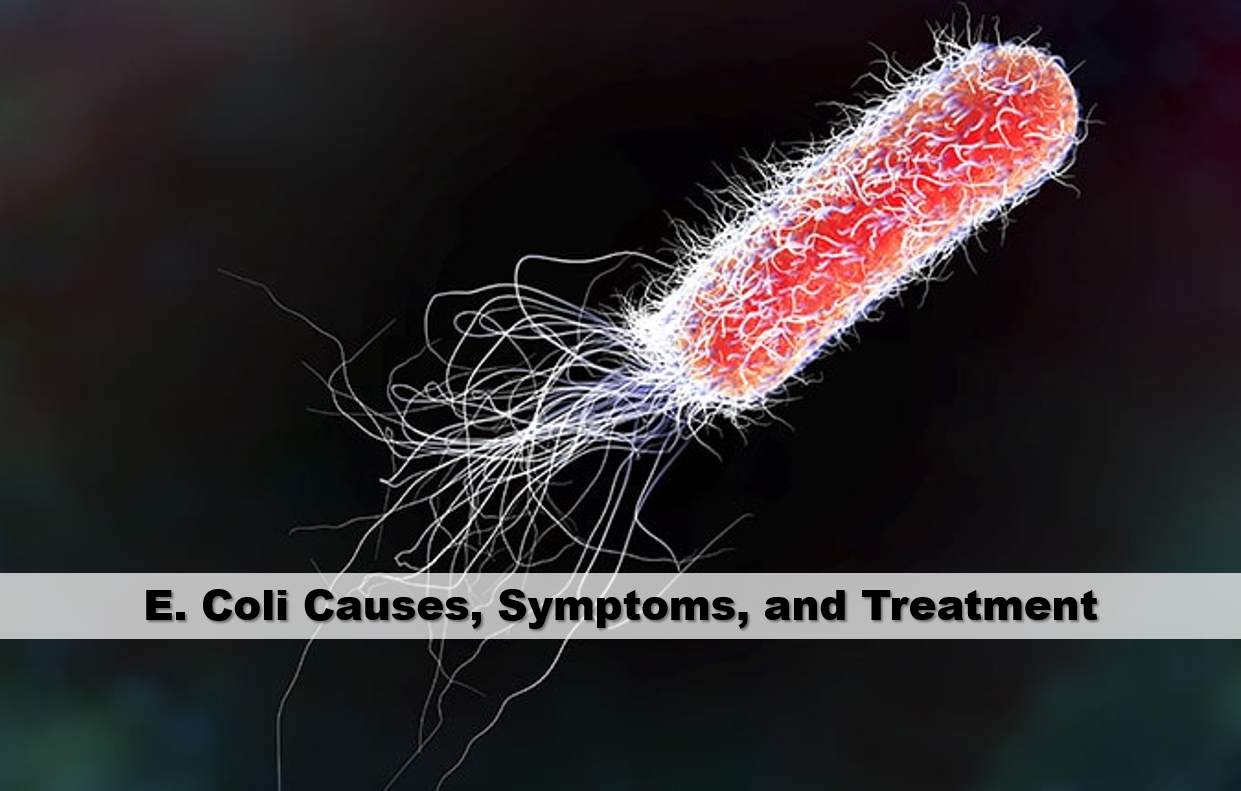
What are the first signs of E Coli? How do you know if you have E Coli poisoning? E. Coli is a bacterium that is commonly found in the intestines of humans and animals, with the medical name Escherichia Coli. These bacteria, also known as coli, are found in the environment and food.
Although E. coli normally lives in your intestines, some types can enter the blood from the intestines. It can result in serious illnesses. Bacteria can often cause E. coli infection. E.Coli 0157: H7, which belongs to the EHEC (Enterohemorrhagic E.Coli) group of this bacterium, which does not normally pose a threat to human health, can be life-threatening. Here, we will explain the causes, symptoms, and treatment of E.Coli
What Is E. Coli?
E. coli can cause many infections, such as diarrhea, respiratory problems, urinary tract infections, and blood infections, especially in children, when it enters the bloodstream through the environment or food. It is transmitted from raw, poorly cooked meat, vegetables, or contaminated water.
E. Coli Common Causes
#1) Dirty foods: Bacteria that cause E. coli infection can be transmitted from beef, raw milk, fresh dairy products (unpasteurized), and poorly washed vegetables. It can also be transmitted from foods that have not been subjected to any microbial killing, such as flour. Flour can also cause E. coli, a bacterial infection that can cause diarrhea, fever, and stomach cramps.
#2) Dirty water: Sewage waters that mix into rivers, lakes, or agricultural irrigation sources can affect plants or animals irrigated with them. Besides, swimming pools which are frequently used in summer, are things causing E.Coli.
#3) Storing and cooking food under unfavorable conditions: The way food is stored and cooked is significant. It also protects us from various food poisoning. If a cutting board that comes into contact with raw meat is not washed well may cause E. coli transmission.
Who Is At Risk?
- Young children, babies, and the elderly: Infants, young children, and the elderly are at risk. E. Coli may affect individuals in these groups more heavily.
- People with a weak immune system: People with weak immune systems and chronic diseases
- Newborn babies: E. coli or other gram-negative bacteria can usually pass through the mother’s genital tract to the newborn at birth. The birth must be inappropriate conditions.
E.Coli Common Symptoms
People usually get sick 3-4 days after receiving the parasite bacillus.
- Severe stomach cramps
- Diarrhea
- Bloody diarrhea
- Vomiting
- Fever
#1) E. Coli Symptoms In The Urinary System: E. coli also causes urinary tract infection. The symptoms of urinary tract infection that may be caused by coli bacilli are as follows;
- Permanent urination
- Burning while urinating
- Fever
- Abdominal pain
- Fuzzy or bloody urine
#2) E. Coli Symptoms In The Brain: E.coli can cause meningitis in the brain. Neonates may become infected at birth or later.
- Difficult to breathe
- Diarrhea
- Weakness
- A dull facial expression
- Inability to Eat
- Too hot or too cold skin
- Swelling in the head
|Cystitis Causes, Symptoms, and Treatment|
#3) E. Coli Symptoms In The Lungs: E. coli can cause bacterial pneumonia (pneumonia). Symptoms;
- Fever
- Cough with sputum
- Shortness of breath
- Chest pain while breathing
#4) E. Coli Symptom In The Intestine: E. coli bacteria mostly affect the intestine. Symptoms;
- Stomach cramps
- Diarrhea
- Weakness
- Bloody diarrhea
- Vomiting
- Fever
E. Coli Treatment
Generally, E. coli infection is not treated with antibiotics and is expected to heal on its own. The physician monitors the patient to prevent infection from worsening or causing HUS. It is necessary to prevent water loss, especially in young children. Water loss in young children can have serious consequences. During this period, it may be necessary to feed on light foods such as rice, potatoes, and low-fat foods). No medication should be used to stop diarrhea unless recommended by a doctor.

